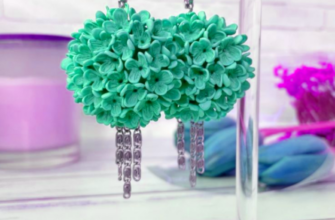Salt glazing is a pottery technique known for its distinctive surface effects, but the waterproof nature of salt-glazed pottery can vary based on factors such as firing conditions and glaze composition.
Water Resistance:
Salt-glazed pottery is generally more resistant to water than unglazed pottery due to the vitreous nature of the glaze. The glaze forms a sealed surface that helps prevent water absorption.
Limitations:
While salt-glazed pottery is water-resistant, it may not be completely waterproof under all conditions:
- Cracks or imperfections in the glaze surface can allow water to seep into the clay body.
- Prolonged exposure to water or submersion can eventually lead to water penetration through the glaze.
- Proper care, such as avoiding sudden temperature changes, can help maintain the water-resistant qualities of salt-glazed pottery.
While salt glaze offers enhanced water resistance compared to unglazed pottery, it’s important to treat it with care to ensure its longevity.

